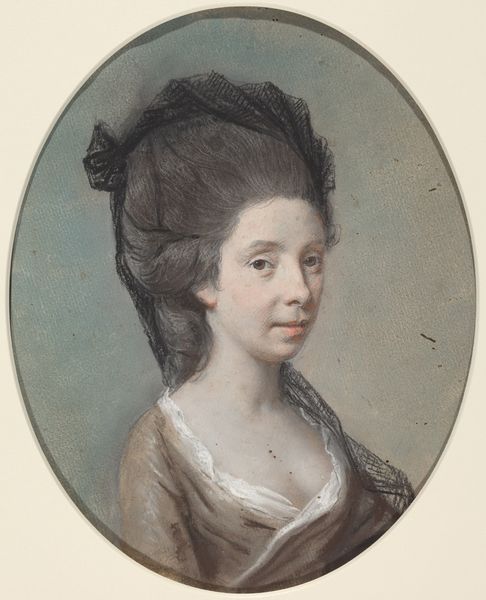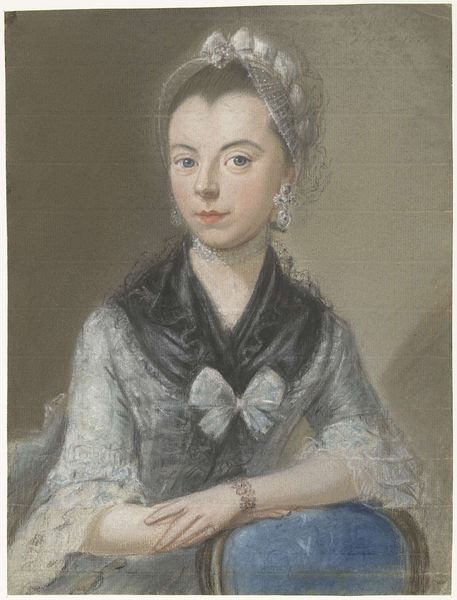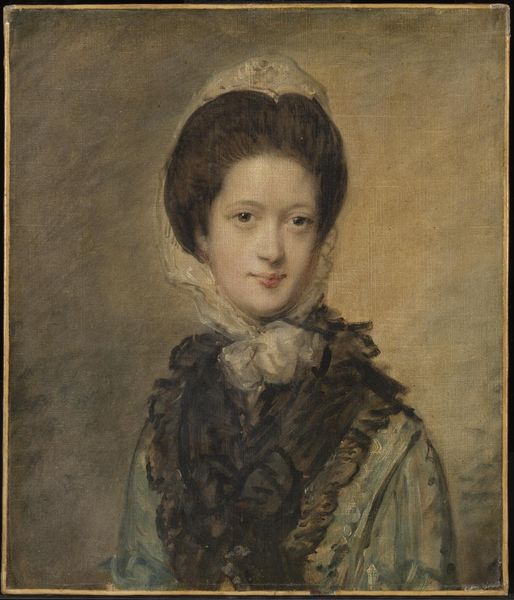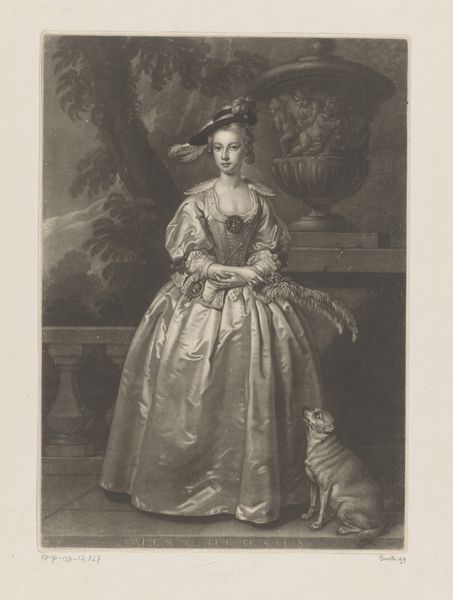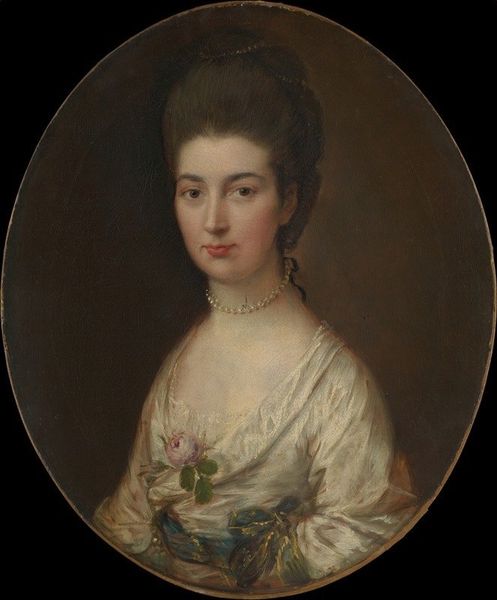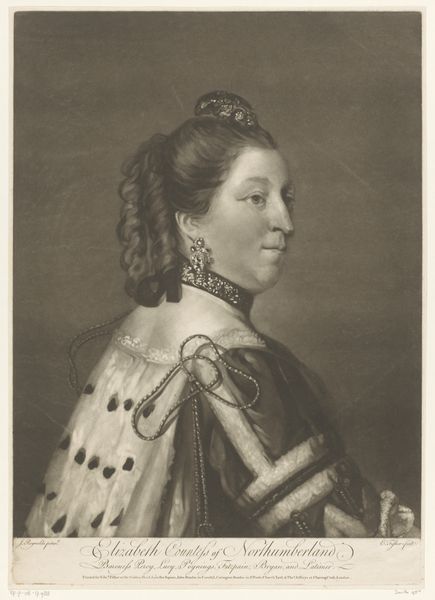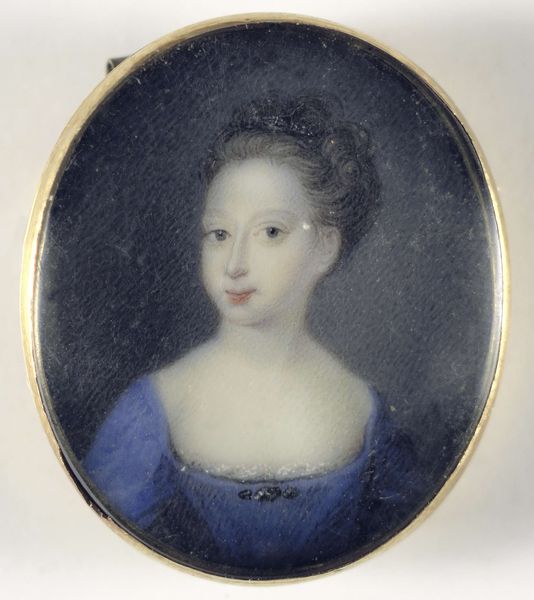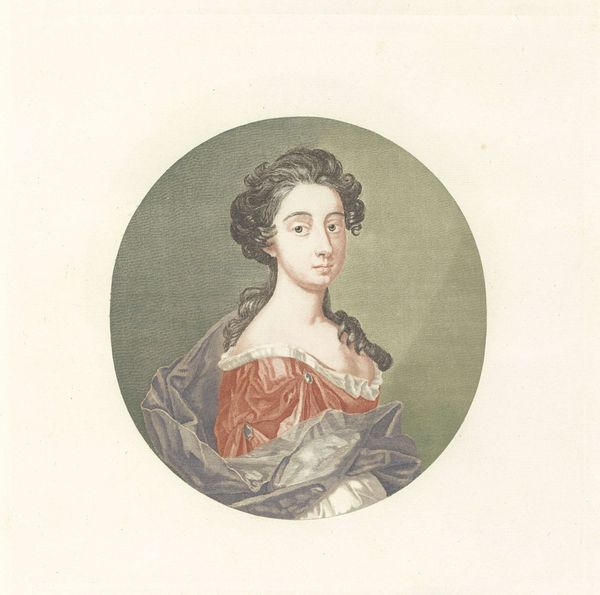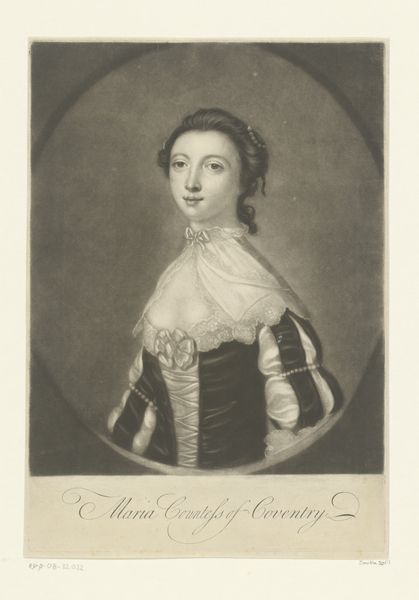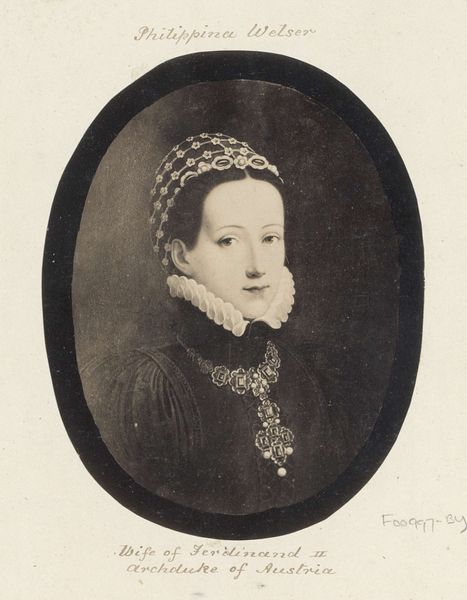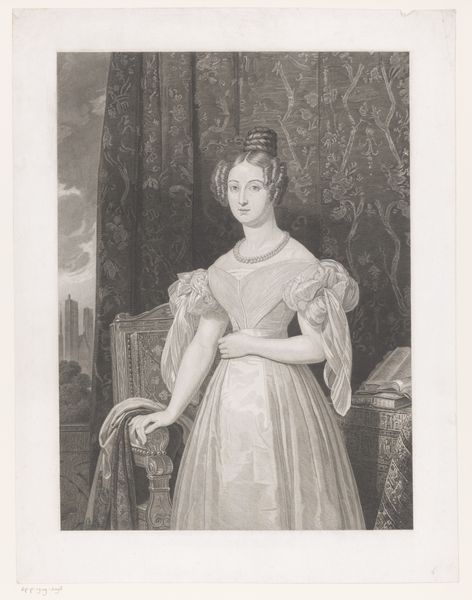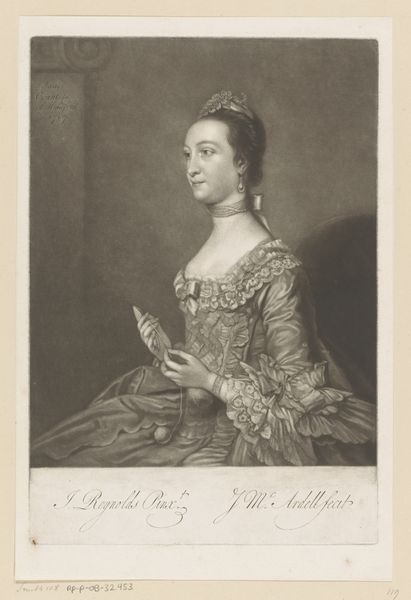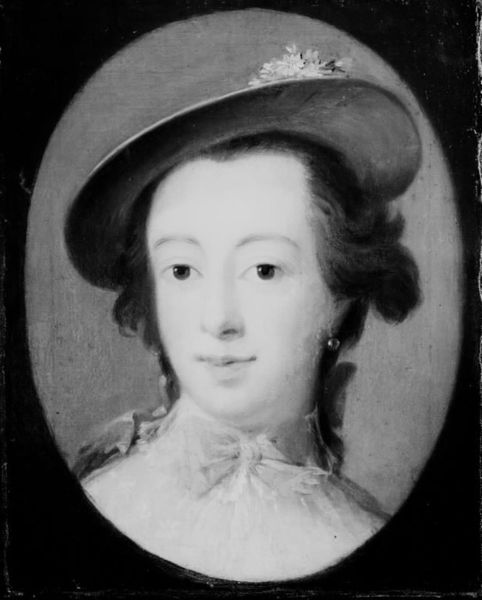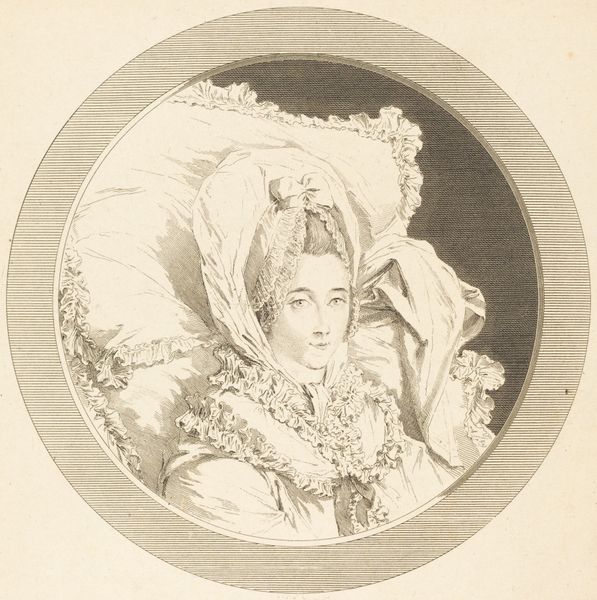
drawing, paper, dry-media, pencil, graphite, charcoal, pastel
#
drawing
#
neoclassicism
#
charcoal drawing
#
paper
#
dry-media
#
pencil
#
15_18th-century
#
graphite
#
charcoal
#
pastel
#
academic-art
Dimensions: 281 × 220 mm
Copyright: Public Domain
Editor: This is Hugh Douglas Hamilton's "Portrait Bust of a Lady" from 1770. It’s a delicate drawing, I think using charcoal, pencil, and pastel on paper. The way she is rendered seems pretty classical, even Academic. What catches your eye most about it? Curator: Well, I immediately consider the materiality of this piece within the context of 18th-century portraiture. The choice of drawing over painting isn’t just stylistic. How does using relatively inexpensive media such as graphite or charcoal influence access and audience? Editor: So, it was more accessible because it cost less to produce? Curator: Precisely! Think about the rise of the merchant class. They desired portraits, but perhaps couldn’t afford oil paintings. Drawings, especially those reproducible as engravings, offered a more economical avenue to display status and aspiration. The materials used democratize art. How does that alter your initial perception? Editor: It's true, the clothing, the roses in her hair—all suggest status. But doing it as a drawing maybe implies more, it's less rigid and maybe that was intended. You get to see more of the hand that made it! Curator: And who benefits from *her* image being distributed and consumed? Is it about the lady or the person viewing her portrait, or maybe both? What kind of social labor went into the dress's construction? Who profits from this portrayal? Editor: I hadn’t considered those things! Thanks! That shifts my understanding from just "a pretty picture" to an object embedded within a web of economic and social relationships. Curator: Exactly! It's not *just* aesthetic, it's social and economic. Considering those power structures can unlock so much!
Comments
No comments
Be the first to comment and join the conversation on the ultimate creative platform.
